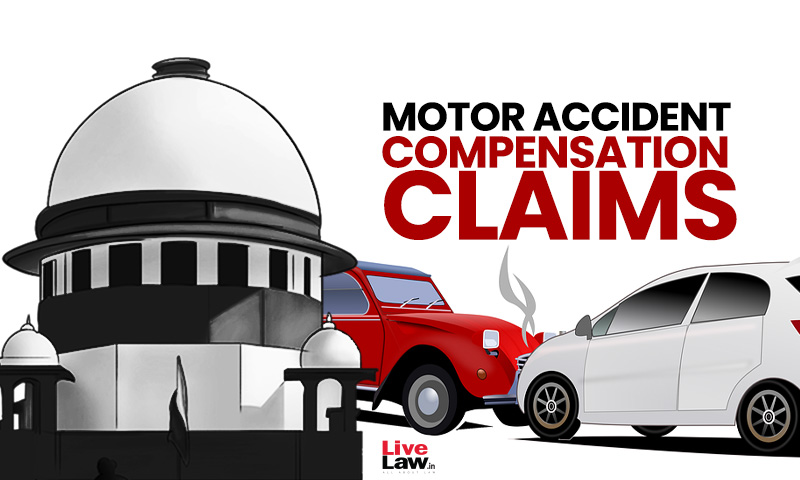Rule Of Evidence To Prove Charges In A Criminal Trial Cannot Be Used While Deciding Motor Accident Compensation Claims: Supreme Court
Ashok KM
10 Aug 2022 6:42 PM IST

Next Story
10 Aug 2022 6:42 PM IST
The Supreme Court observed that the rule of evidence to prove charges in a criminal trial cannot be used while deciding an application seeking motor accident compensation. Such an application has to be decided on the basis of evidence led before it and not on the basis of evidence which should have been or could have been led in a criminal trial, the bench comprising Justices Hemant Gupta...
